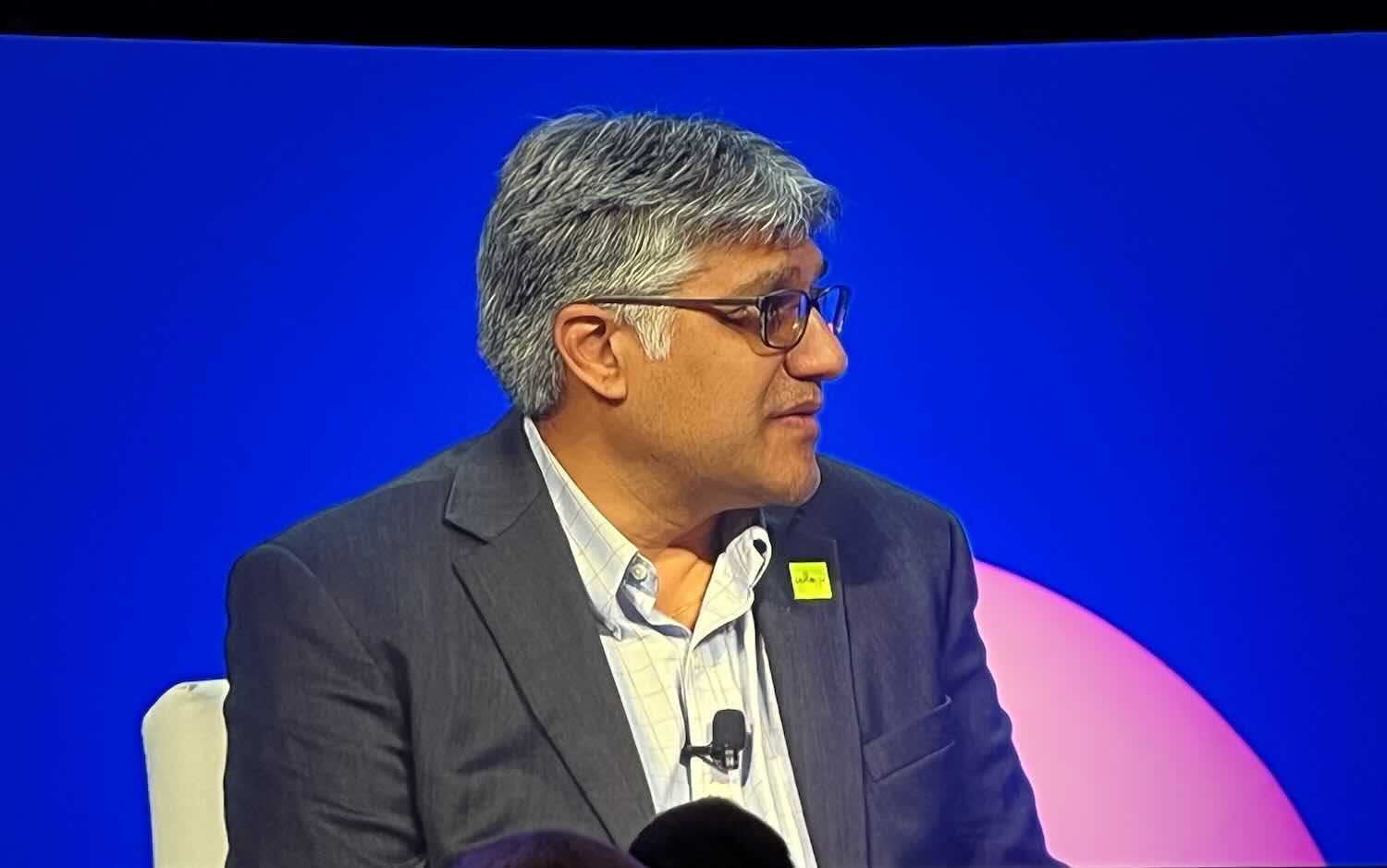ImpactAlpha, Dec. 17 – The axis of global finance shifted this year. In small increments and dramatic lurches, markets glimpsed the coming reckoning, most obviously with climate change and income inequality. Such risks drove record amounts of capital into “ESG” funds keyed into environmental, social and governance factors. Private equity firms spun up billion-dollar “impact” funds. “Sustainability” began to disrupt the $75 trillion asset management industry. Accounting and accountability for impact is moving capital and clients.
The scale of the shift may not yet be clear to many retail investors, who still largely lack products for values-aligned investing. But for the world’s largest asset owners, mitigating long-term risks is an immediate priority. With assets of $100 billion or more, huge pension, sovereign and insurance funds effectively “own the market,” including its systemic risks. For such “universal owners,” there are no externalities. For them, sustainability is core to the sustainability of the financial markets themselves.
And yet… The speed at which the policies and processes have moved capital so far is no match for the scale of the challenges. Carbon dioxide levels are rising, not falling. The distribution of income and wealth continues to skew upwards. Zero-deforestation pledges notwithstanding, rainforests burned. It will take a decade of exponential progress to meet the 2030 Sustainable Development Goals, and decades more to achieve net-zero carbon emissions by 2050. The reckoning is here. In 2020, choices and reputations will be made.
– David Bank
1. Steering markets for the long term.
Expect large pension and sovereign wealth funds to press asset managers to demonstrate performance on climate risk and other ESG issues. Passive ownership is passive no more. The shift of a $50 billion mandate from Japan’s $1.6 trillion Government Pension Investment Fund sent a signal to asset managers like BlackRock: get serious about the “negative externalities” generated by companies in their portfolios.
- Change the index, change the market. Passive investors are actively tilting stock indexes toward sustainability.
- Hiro’s journey. GPIF’s chief investment officer Hiro Mizuno is rallying “universal owners” around sustainable finance and pushing asset managers to get tough.
- ImpactAlpha is watching for: BlackRock’s Larry Fink to stake out a more aggressive posture on climate in his annual letter, expected in January. Possibilities: Passive stock indexes pegged to carbon reduction rather than market capitalization, and shareholder engagement that drives corporate behavior change through proxy voting and, yes, divestment.
2. Driving stakeholder accountability.
Expect CEOs to face pressure to deliver for customers, communities, suppliers, workers – and shareholders. An August pledge from Apple, IBM, Johnson & Johnson, JPMorgan Chase and more than 175 other companies reset CEO loyalties from “shareholders” to “stakeholders.” Now they must back it up with real progress. A warning sign: The Business Roundtable, which organized the pledge, also lobbied the Securities & Exchange Commission to make it harder for shareholders to hold corporate management to account on issues ranging from climate risk to gun control to executive pay and diversity.
- Corporate accountability is key to the success of “stakeholder capitalism.”
- ImpactAlpha is watching for: Lessons and leadership from impact investing practitioners as the debate over the future of capitalism takes center stage.
3. Surfacing hidden risks.
Expect asset managers to extend ESG investing across their investment portfolios to mitigate risk. In public equities markets, attention to environmental, social and particularly governance factors correlates with reduced risks (h/t Harvard’s George Serafeim). So the inverse must also be true: portfolios not screened for ESG contain undisclosed and uncompensated risks. Are asset managers violating their fiduciary duties by exposing the majority of their clients to known risks?
- Climate risk mitigation. ESG investors largely avoided the collapse of California utility PG&E, which had long been warning of its climate-related risks; BlackRock lost $18 billion.
- ImpactAlpha is watching for:Standardization and deepening of ESG data to drive adoption across portfolios. The SEC is watching, too: The Wall Street Journal reports that the agency has asked investment managers to account for their ESG stock recommendations, their models for judging environmental and social responsibility and their best- and worst-performing ESG investments.
4. Manufacturing products for retail and institutional investors.
Expect winners to emerge among tech platforms that customize sustainable portfolios. A shakeout among the automated investment services, aka “robo-advisors,” offering sustainable retail investing products shifted the action to “platforms” that advisors can use to quickly construct client portfolios. Ethic teamed up with Fidelity, OpenInvest partnered with Legal & General and Newday extended its platform to Ladenberg Thalberg’s independent advisors and brokers (before agreeing to merge into a new firm, Impact Financial Technologies).
- Attracting retail customers is hard. Platforms for sustainable investing struggle to differentiate themselves.
- ImpactAlpha is watching for: A customer revolt against big banks, stoked by a campaign against fossil fuel financing, that drives demand for retail impact investing products.
5. Stocking the pipeline in private equity.
Expect a raft of new funds to prepare ventures for growth equity capital. Tainted by the implosion of Abraaj and an executive scandal at TPG Growth’s Rise Fund, the bloom came off the rose this year for growth equity funds moving into impact investing. Once a signal of market validation, private equity’s embrace of impact investing is attracting increased scrutiny. Still, the rollout of billion-dollar impact funds continues apace, with firms vying for nine-figure checks from institutional investors. “There will be capital,” says Malk Partners’ Ryan Miller, as wealth managers and institutional investors make good on their impact allocation commitments. The sweet spot: funds of between $200 and $500 million that can prepare companies to take larger checks from the billion-dollar babies.
- ImpactAlpha is watching for: The first assessments, due in April, for the original 60 signatories of the IFC’s Operating Principles for Impact Management who have pledged to publicly disclose – and verify – their alignment with the principles.
6. Operationalizing sustainability.
Expect share prices to begin to reflect ‘sustainability value-add.’ Corporate operations are the front lines of sustainability. Institutional investors chipped in about $9 billion for climate finance over the last two years, while venture capital, private equity and infrastructure funds account for about $5 billion in climate investment. Climate spending by corporations: approximately $183 billion over the same two years. If the stock market functions like a continuous referendum on expectations for corporate value-creation (and destruction), companies investing in 21st-century solutions should be rewarded – and those creating the problems punished.
- Cases in point. John Deere & Co., the farm equipment and agtech giant, is pointing its research and investment toward climate change solutions for farmers. Schneider Electric, the $29 billion French equipment manufacturer, is organizing its strategy around decentralized, decarbonized and digitized electricity.
- ImpactAlpha is watching for: More public companies to reframe their strategies as climate and sustainability solutions, as valuations increasingly reflect sustainability-related events and future-proofing investments.












